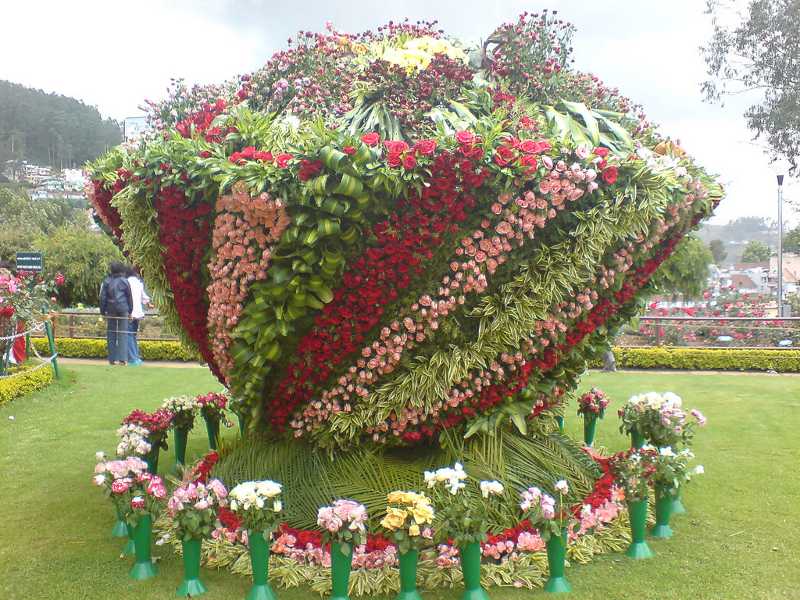FWP:
SETS == IDIOMS; MULTIVALENT WORDS ( dimāġh )
IDIOMS verses: {1,4}; {1,5}; {11,2}; {15,1}**; {15,16x}, with list of PETRIFIED PHRASES; {17,6}, evoked; {20,10}**; {21,7}; {21,8}; {21,11}; {22,4}, evoked; {22,9}, no revitalization; {24,4}; {25,2}; {25,9}, proverb; {30,3}; {35,8}; {35,10}; {38,6}; {39,4}, evoked; {39,6x}; {40,1}***; {41,10x}; {42,10x}; {44,1}; {46,7}; {48,2}; {49,2}; {49,12}*; {50,3}**, evoked with extra wordplay; {50,6x}; {56,1], commentators argue; {53,1}; {53,5}, Persian, evoked; {54,1}, quite obscure; {55,1}*, proverb; {57,4}; {62,5}, phrase; {64,9x}*; {65,1}; {67,3}; {67,5x}, evoked; {68,3}; {70,3}; {71,9}; {74,2x}, mediocre; {75,3}; {80,4}; {81,8x}, two; {84,2x}; {85,3}; {85,7}; {86,1}; {87,1}; {90,3}, fāqah-mastī ; {91,2}*, two; {94,4x}, evoked; {97,1}; {99,4}; {105,4x}; {108,1}**; {108,2}; {108,4}; {110,1}, a curse; {111,16}; {114}, ḳhāk nahīñ ; {114,4}; {115,5}; {121,2}*, two; {123,6}, two; {124,1}, evoked; {124,4}, evoked; {124,7}; {130,2}; {132,1}; {132,6}; {133,4}, evoked; {137,1}*; {138,4}; {141,4}*; {145,9x}; {148} (whole ghazal, hī sahī ); {150,1}; {151,1}; {151,6}; {163,9}; {167,2}, saḳht ; {167,3}; {170,7}; {171,5x}, proverb evoked; {175} (whole ghazal); {176,5}; {179,4}; {181,6}*, Hali explains; {184,4x}; {185,3}; {189,1}*; {189,3}; {191,1}**; {191,2}; {191,8}; {194,7x}; {199,5x}**, commentators analyze; {200,1}, evoked; {201}, most verses; {201,2}**, evoked; {203,6x}; {207,3}, evoked; {208,10}; {209,4}; {210,1}; {210,3}; {212,3}; {214,4}, evoked; {214,14x}*; {215,2}; {217,6x}*; {219,9}; {225,4x}; {226,4}; {226,7x}; {228,11x}, evoked; {229,4}; {230,3}; {230,9}; {231,5}; {234,5} // {248x,4}; {257x,8}; {274x,7}; {285x,1}, exact; {287x,6}; {312x,5}; {320x,6}; [{322x,4}], evoked; {323x,6}; {351x,2}, phrase; {352x,1}; {360x,2}, Persian vs. H/U change!; {361x,7}, evoked; {379x,1}; {398x,6}, incomplete revitalization; {417x,1}, Persianized failure; {417x,5}; {422x,6}; {428x,6}, evoked
ABOUT dimāġh : A tertiary meaning of the word dimāġh , which normally means 'brain, head, mind,' as well as 'pride, conceit', is of course 'nose' (see the definition above). In the present verse, this adds a further fillip to the wordplay involving nāk . For other examples of such 'mind/nose' wordplay see {3,13x}; {21,7}*; {27,4} (perhaps); {53,8}; {228,1} (in which all three meanings are operative). And for mū-e dimāġh as 'nose-hair', see {42,8x}. Just to show that Ghalib doesn't always 'activate' the potential wordplay, see the straightforward use of be-dimāġhī in {42,11x}. For Mirian examples, see M{386,1}.
Perhaps in this verse the lover is irritated because of the failure of love (the garden reminds him of the unavailable beloved), perhaps because of its limits even when most successful (the garden reminds him of the briefness of life). Or does the garden vex him by its seductiveness (when he wants to lead a life of undistracted austerity), or by its sheer physicality (when he wants to move into the realm of spirit)?
In any case, Nazm has pointed to the chief source of enjoyment in the verse: its irresistibly clever exploitation of the idiom nāk meñ dam ānā (see the definition above). If we take the expression idiomatically, a wave of rose-scent (normally a wonderful pleasure) harasses and upsets the speaker. If we take the expression literally, the speaker says that 'the breath comes into my nose with/from/like a wave of rose-scent'; this might be taken to mean that he is so obsessed with his anti-garden hostility that it's as if he's compelled to breathe in rose-scent every time he inhales. But this literal sense is really a rather tortured reading and has no clear 'connection' with the first line. Thus the literal meaning is perhaps best taken as excellently framed wordplay.
Compare Mir's treatment of a similar kind of disaffection: M{693,1}.

Nazm:
Since the scent of a rose comes into the nose when a breath is drawn, it's not inappropriate to say that with the scent of a rose the breath comes into the nose. And 'for the breath to come into the nose' means to be bezār [displeased, vexed, disgusted]. Here, the second sense is intended, and he has made an īhām toward the first sense. (13)
== Nazm page 13